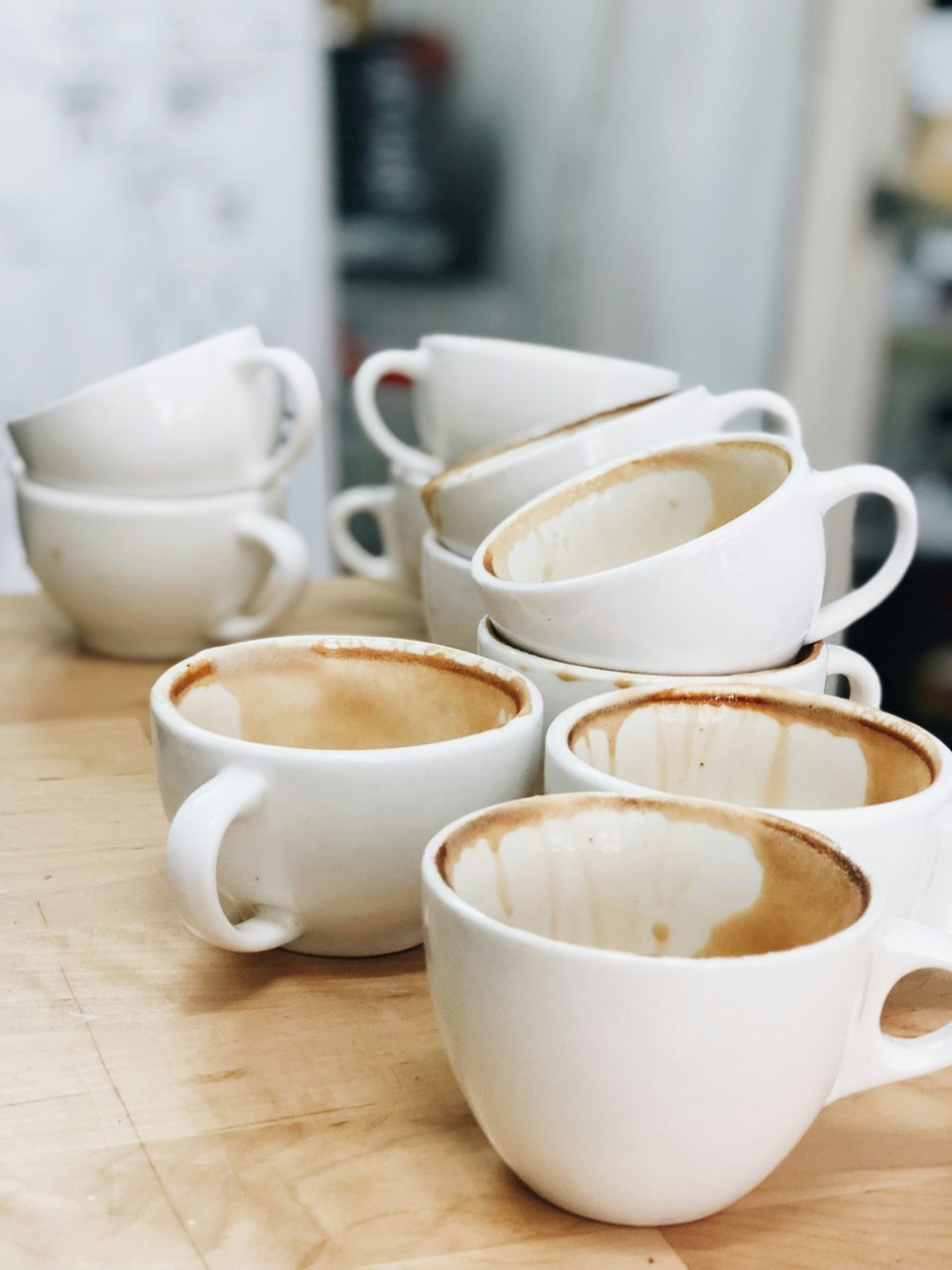From Comfort to Action
How Can We Mobilize Men for Social Justice?
Almost everyone can think of a time when they were at a dinner party and the meal came to an end. It was time to clear the table and help out with the dishes. But not everyone got up. Some people stayed to continue chatting and enjoy their glass of wine.
Who got up and who stayed in their seats? Most likely, it was probably the men who remained seated and women who got up to clean. It's a well documented phenomenon. Perhaps surprising (at least to men) even men who embrace feminism can fail to do their fair share. It seems like in the last half-century we've made some progress in the fight against sexist ideas, but less so when it comes to sexist behaviors. As someone who has worked in schools I can attest it's still quite common for adults to hold different expectations for girls and boys. Girls are expected to be helpers and boys...? Well boys will be boys.
I've been thinking about this a lot lately in recent conversations about men and social justice movements. I know a lot of men who care deeply about racial, gender, and economic equality. But it seems that many of us are reluctant to get up from our positions of comfort to help clean up the mess.

Personally, I am trying to break this pattern. It is my main motivation for my involvement in a group called Organizing White Men for Collective Liberation (OWMCL). But even when showing up, I'm constantly reckoning with how often and how I show up. I notice for me it can be very tempting for me to use the language of rest and self-care to justify not showing up. Meanwhile I see women I admire doing so, so much. For many of the people I see working the hardest, not showing up isn't an option. Liberation isn't just a beautiful idea. It's a matter of life or death. The question of whether I am doing enough hangs over my head constantly. When I do show up, I struggle with wondering if I'm being too assertive. Am I willing to be a follower and a listener? Am I able to do the work without inserting my critiques and suggestions about strategy or politics? Or am I being overly deferential, unwilling to make a mistake publicly?
This is why affinity groups like OWMCL are valuable. I can work with other white men to reflect and learn in hopes that I can show up with more integrity. But whatever lessons happen in conversation with other white guys are only as valuable as my willingness to show up.
I am grateful for the conversations I have with other white guys in OWMCL who are also trying to figure out how to show up more and show up better. But a nagging challenge is how do we get more of us involved? I know from personal experience that inviting people to these conversations hasn't been successful. But I think that my tactics have been lackluster and less relational (the foundation of effective organizing). In other words, sending a group e-mail or text to a bunch of guys saying "Let's go talk about racism and sexism" isn't a winning strategy.
Of course, for most people across races and genders, but especially white men, spending a weeknight talking about systemic oppression isn't exactly appealing. I wonder then if there's something to be learned from sectors of the right who use sports, gaming, internet memes, and other aspects of seemingly apolitical culture to meet their audience where they are.
But another piece of the puzzle is helping white men understand our shared interest in the fight for social justice. It's something I constantly struggle to articulate myself. Often, at best, I'm able to explain the spiritual and emotional costs of patriarchy, racism, and capitalism. It's less easy as someone who enjoys multiple privileged identities to explain the material benefits of collective liberation.
This seems to be the crux of the challenge. As men, we mostly feel insulated from the harms of systemic oppression. So there's little incentive to dismantle those systems. But in a world with interconnected economies, ecologies, and political systems, it seems to me that this feeling of safety is an illusion for all but the wealthiest 1%. I hope that we can find a way to mobilize more men to see this risk and take action. I know that it's possible because people who cared about me were able to invite me into these movements. It's taken my whole life but I am now finding ways to contribute in my own small way. If all of us join in, and saw the mess as ours to help clean up, imagine what we might accomplish together.
Other Recent Writing:
What Could We Learn from Jordan Neely's Life
Other Recommendations for Reading/Listening/Watching:
Elimination of Cash Bail Seems to be Working by Dean Olsen, Illinois Times